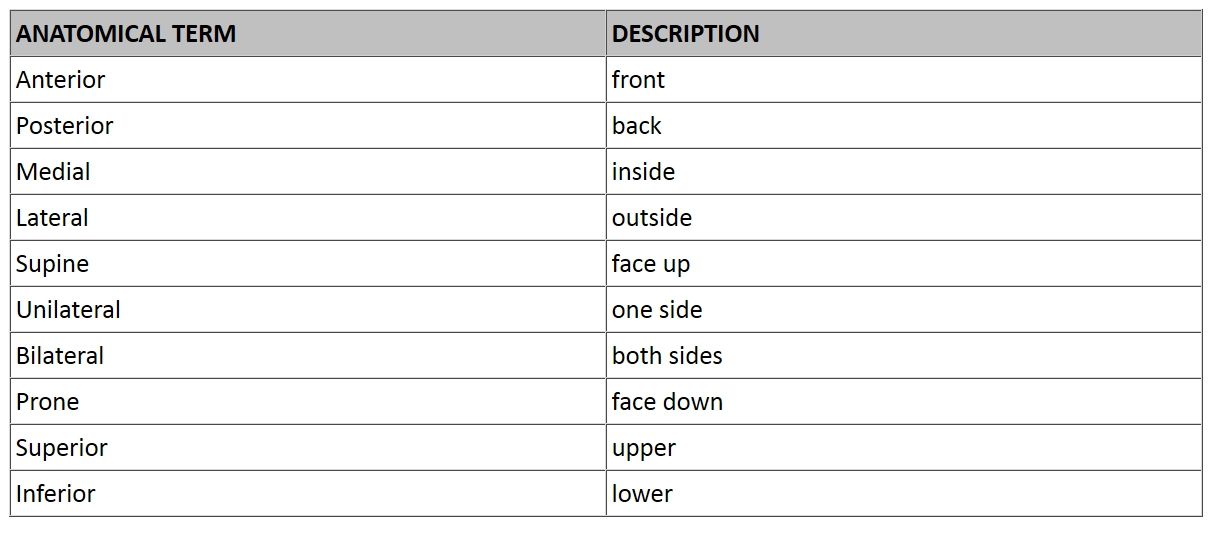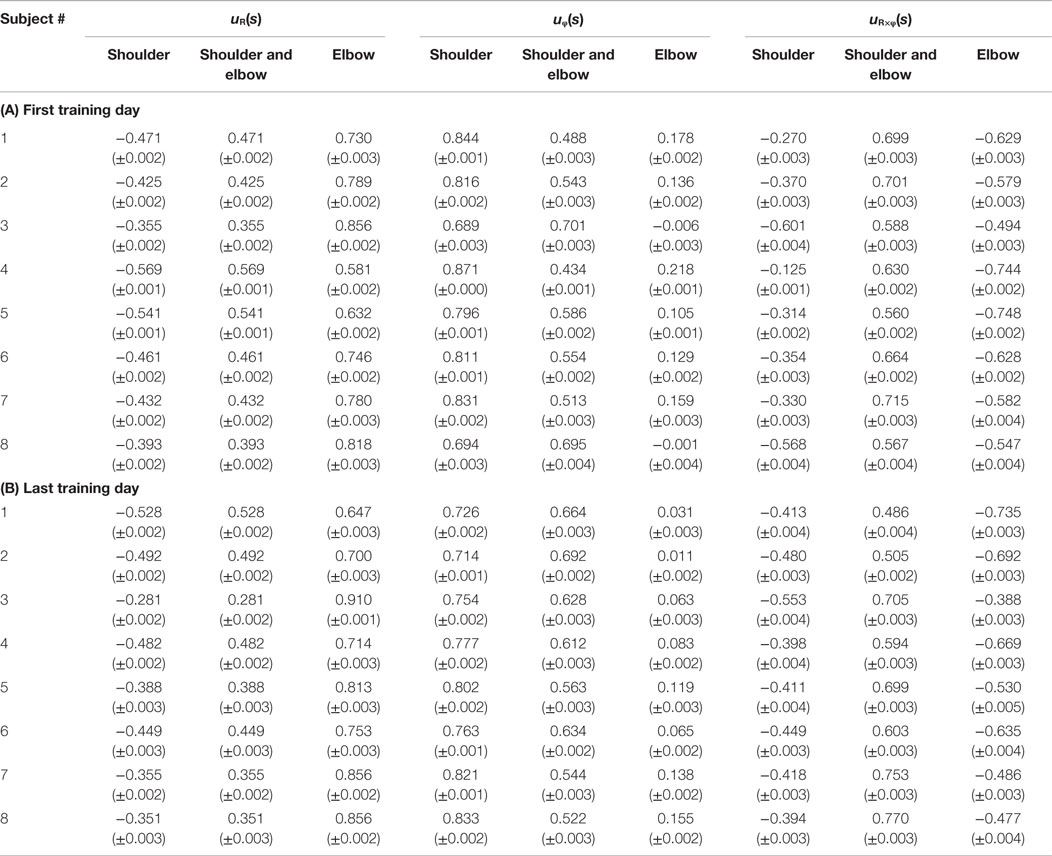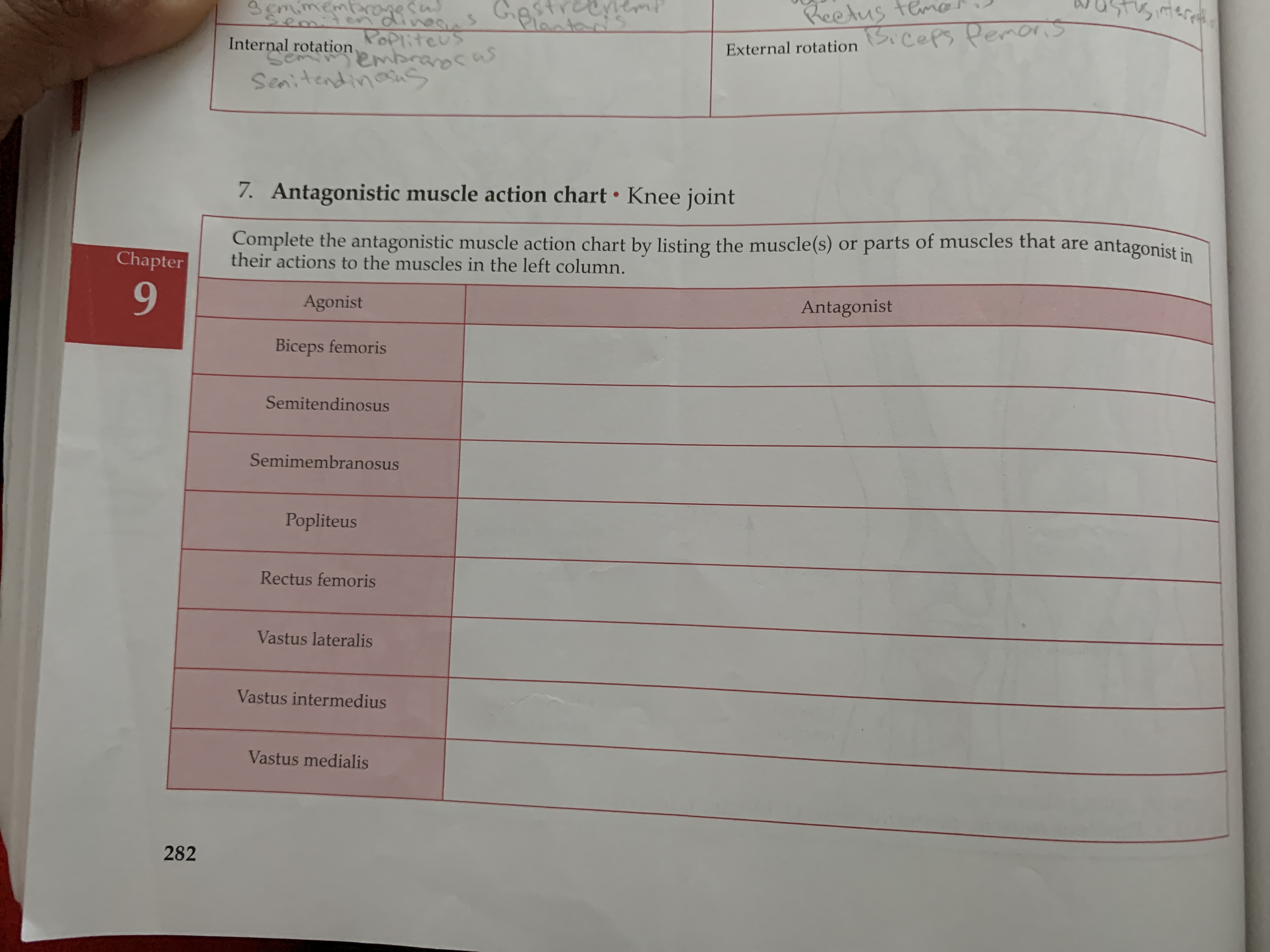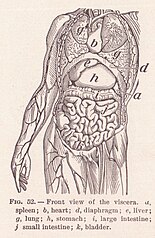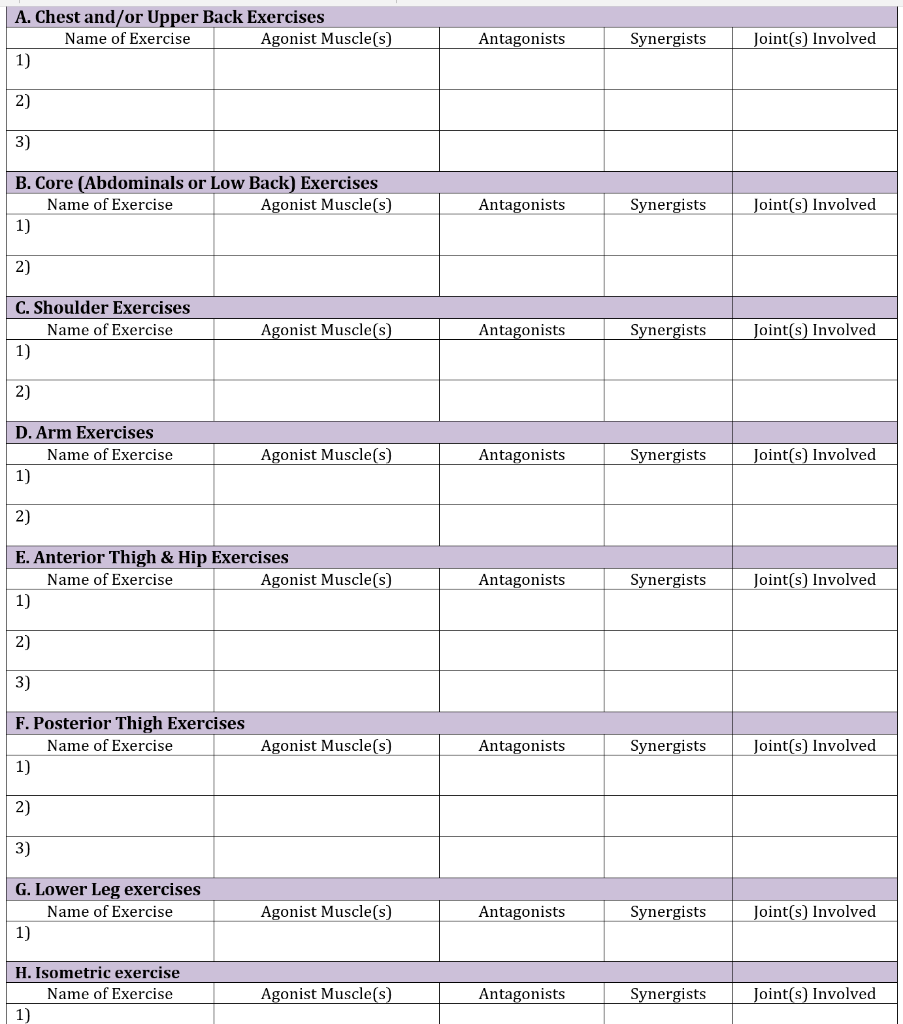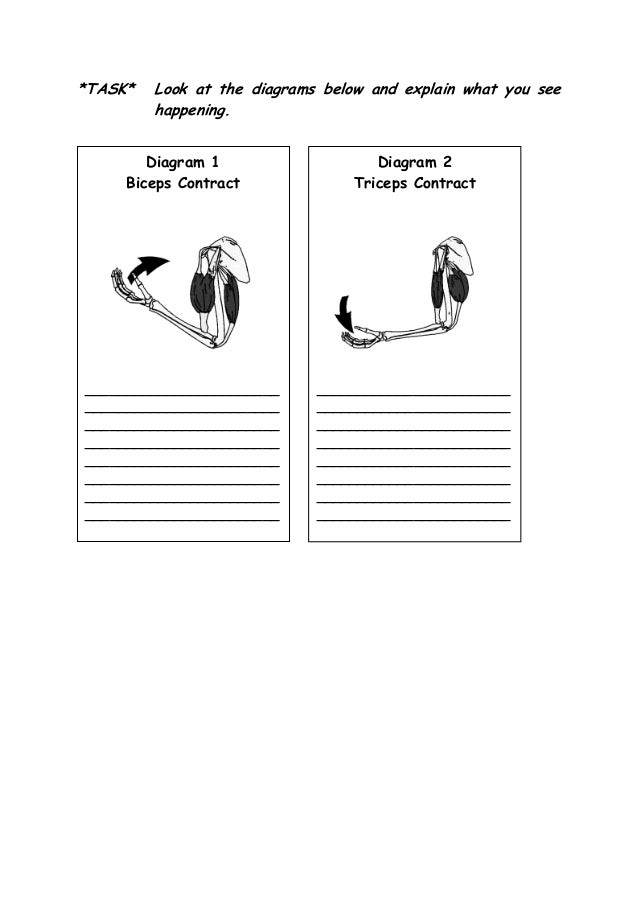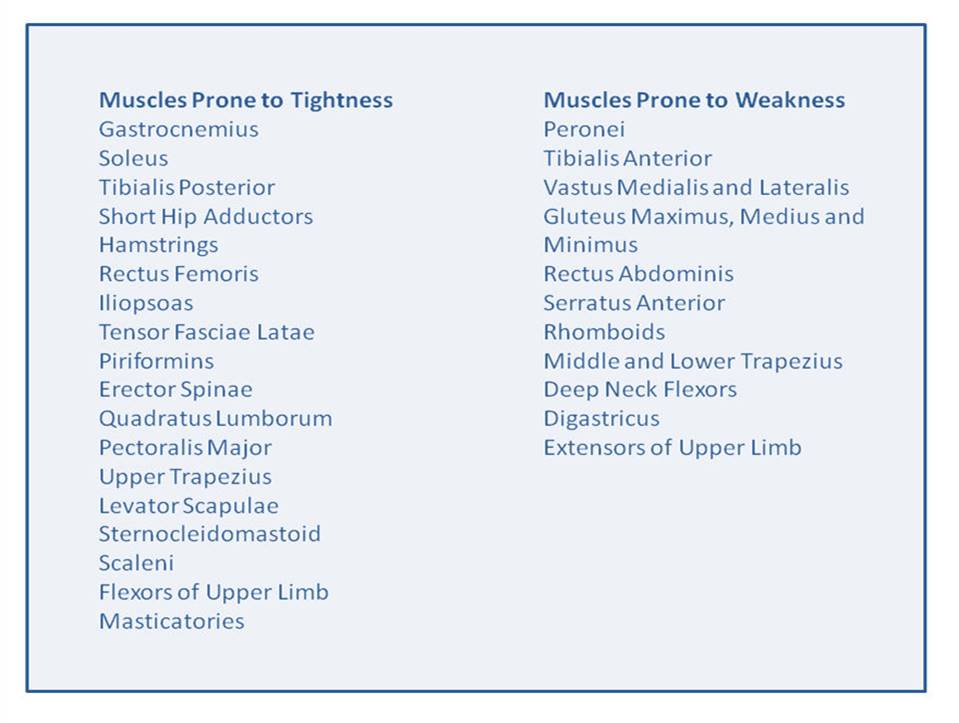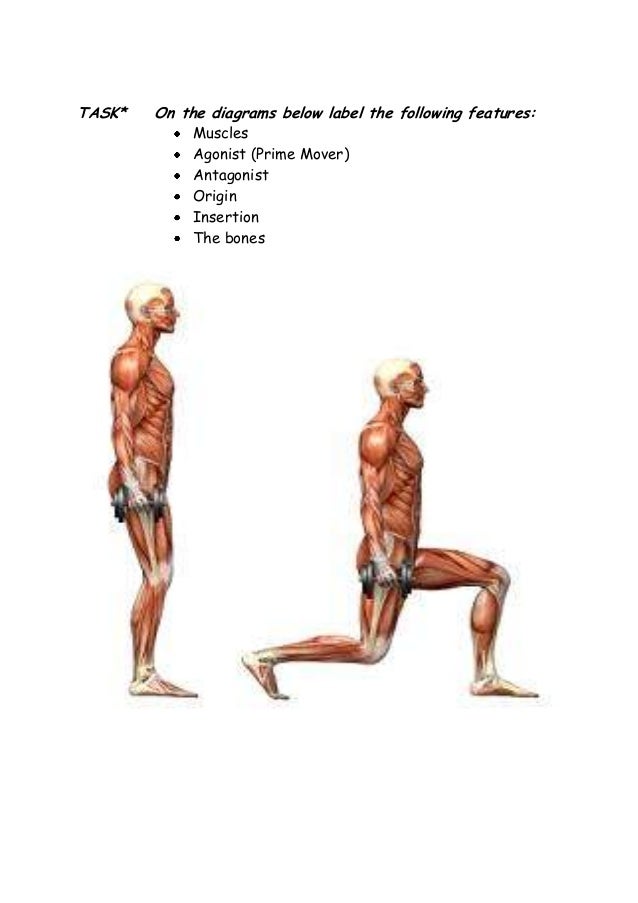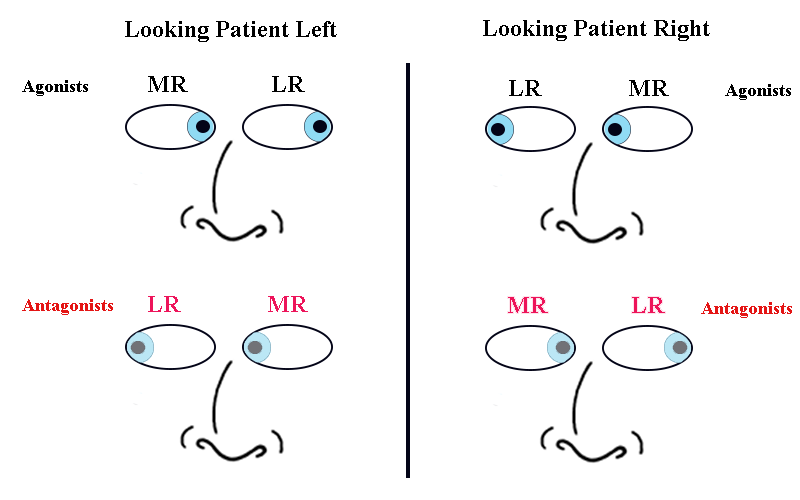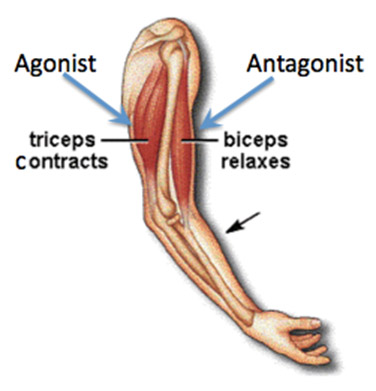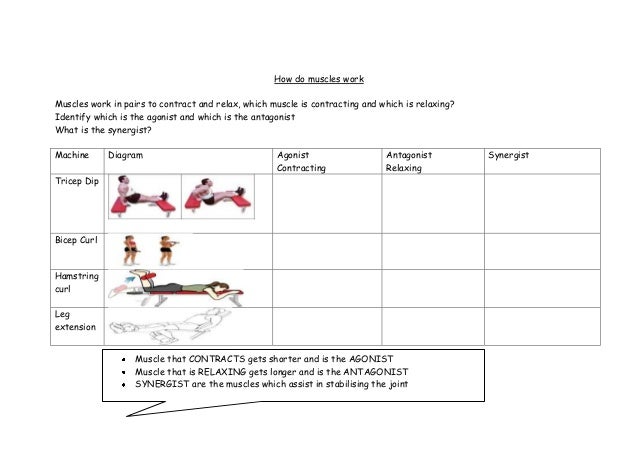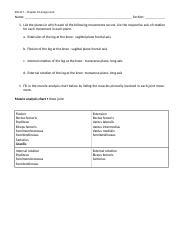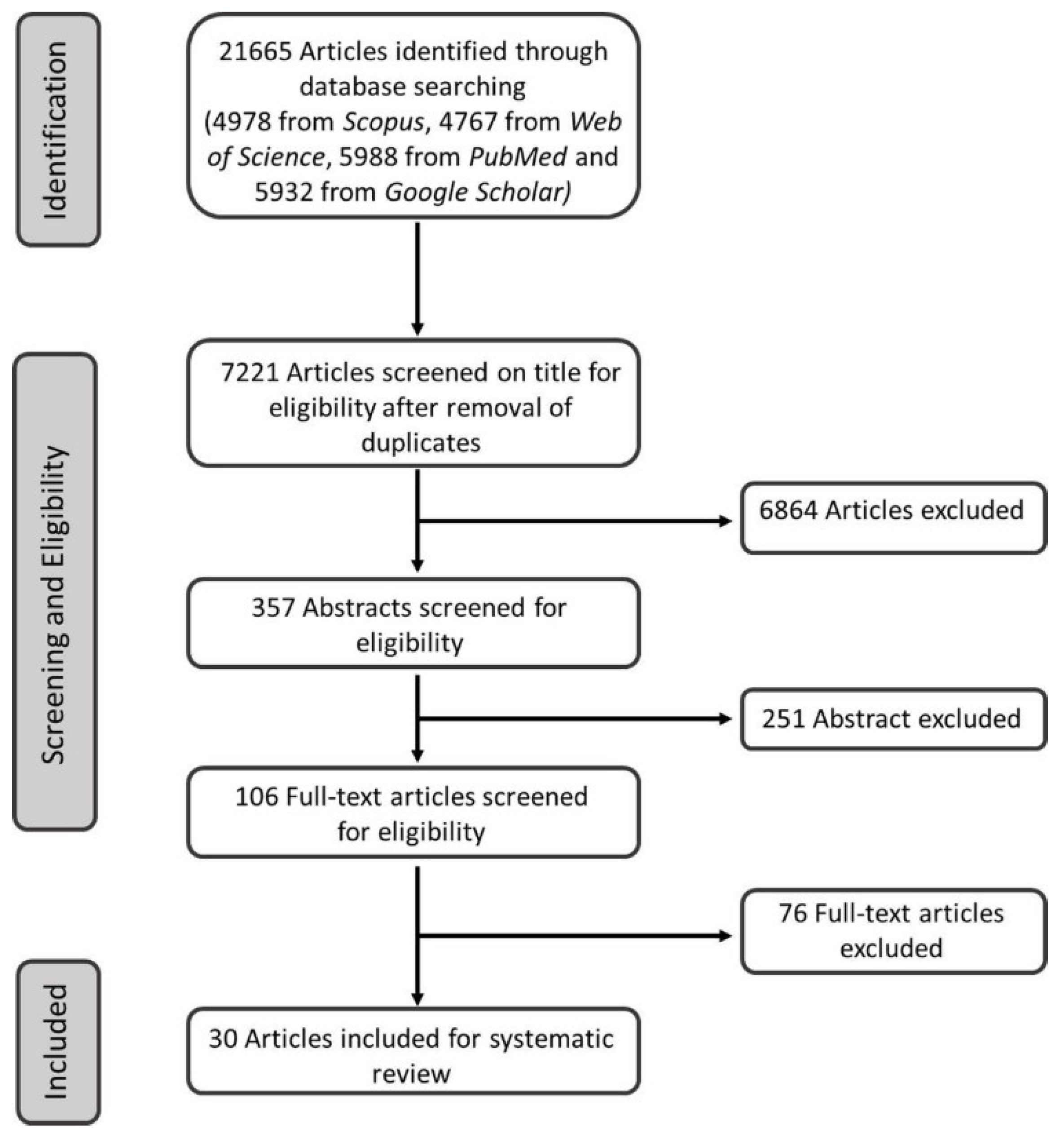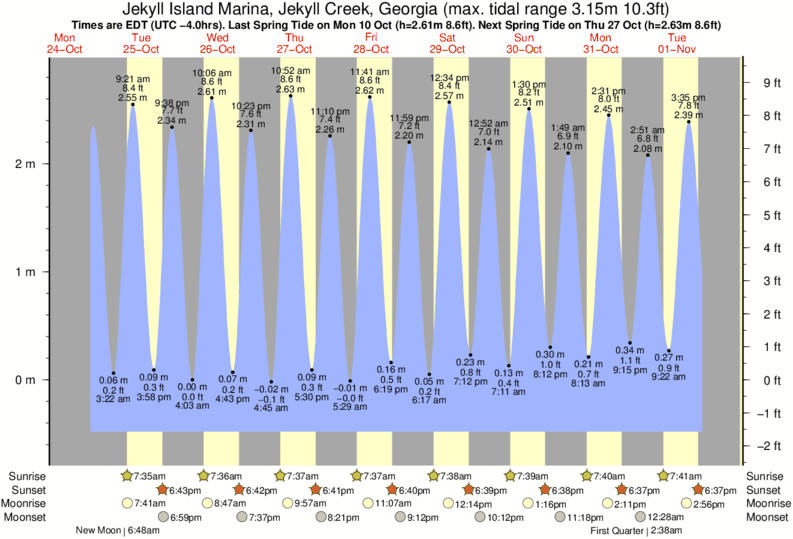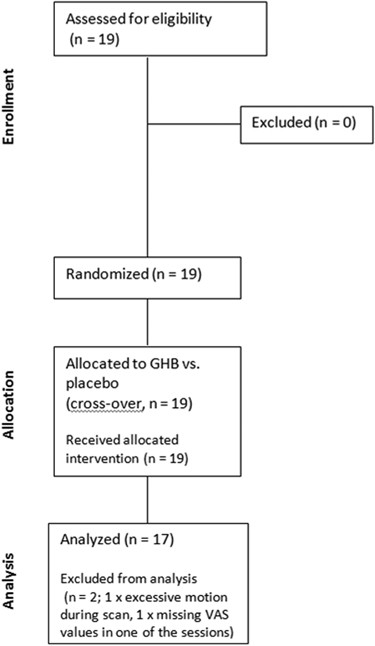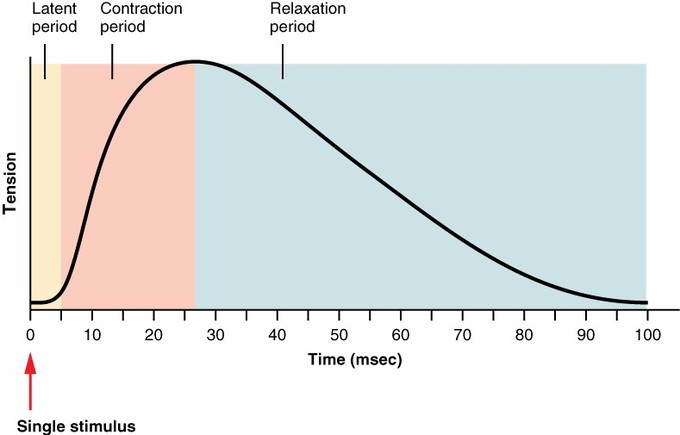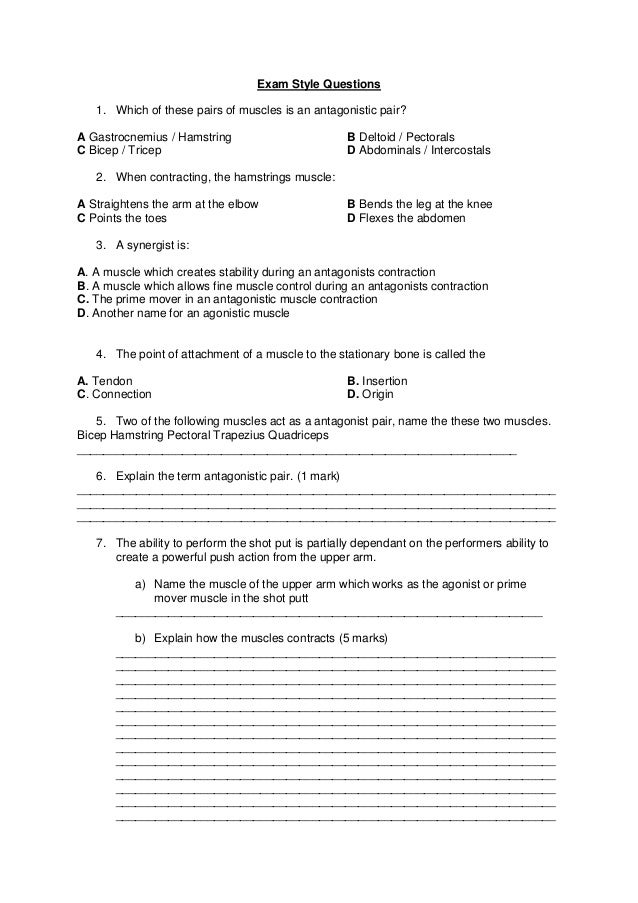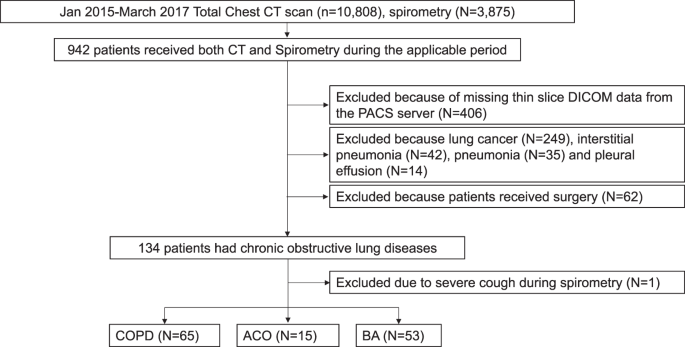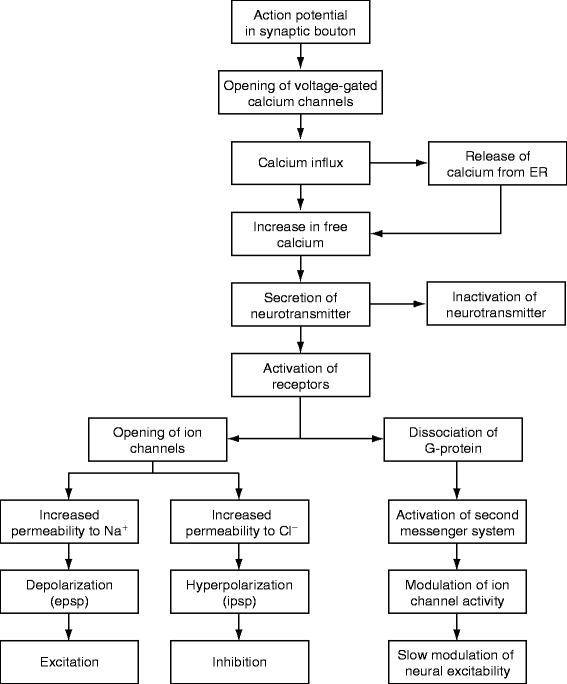Agonist And Antagonist Muscle Pairs Chart
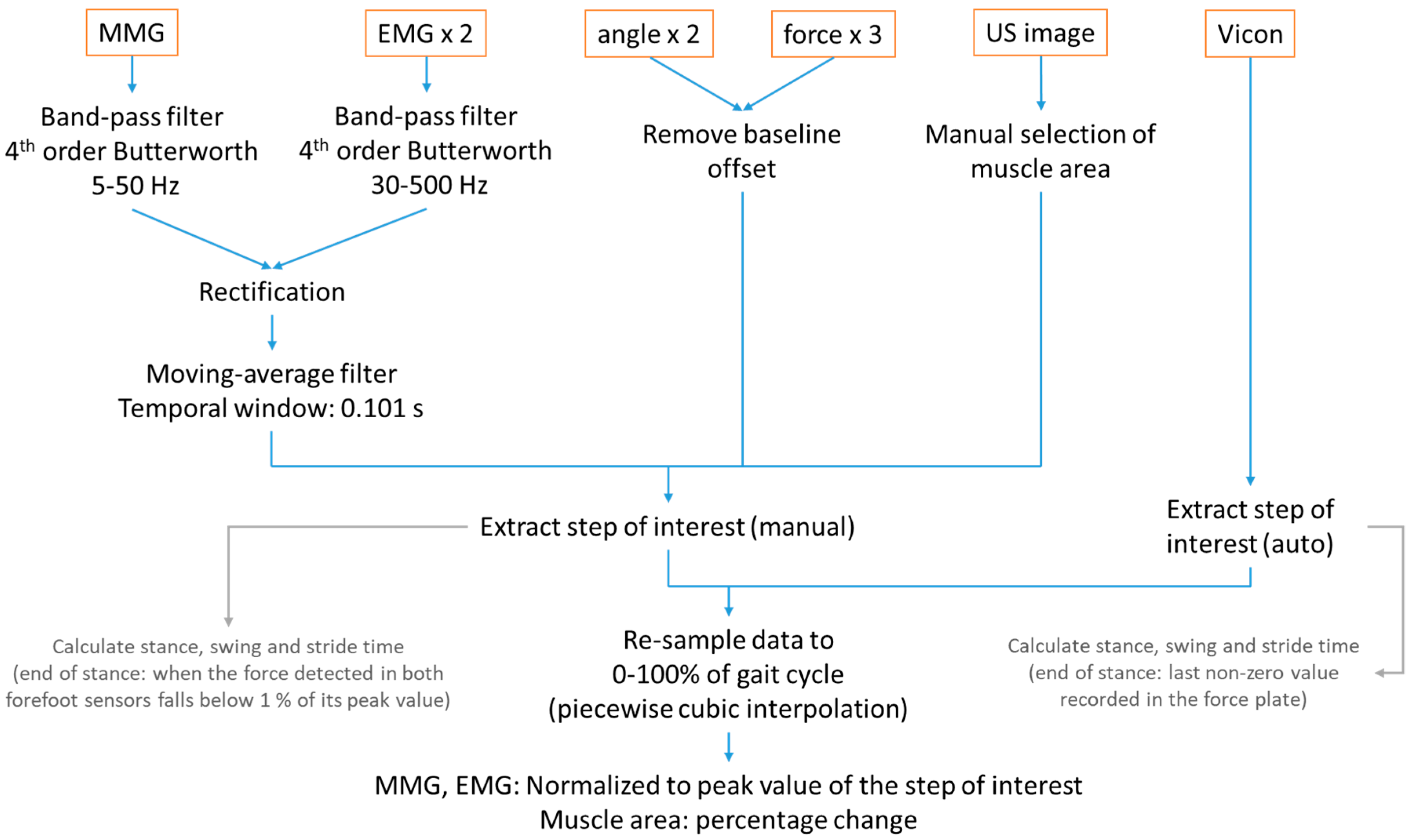
The hamstrings are the agonist and the quadriceps are the antagonist.
Agonist and antagonist muscle pairs chart. In the contact and recovery phase the quadriceps contract to extend the knee while the hamstrings lengthen to allow the. Antagonistic pairs of muscles are muscle where one move the bone in one direction and the other moves it back the other way in transmission of nerve impulses to the muscles. Prime movers antagonists stabilizers and assistors.
The antagonist is the opposing muscle and acts in contrast to the agonist. Antagonist too has many different meanings just like agonist. But what is interesting about this term is that it has the exact opposite meanings from agonist.
Agonist and antagonist muscles usually occur in pairs. Muscle use during isometric co 7anonistic muscle action chart 8 anonistic muscle action chart ap psych 3a chart skeletal muscles and give originsifa kinesiologysolved fill in the chart with agonist anonist synergsolved 8 anonistic muscle action chart elbow and radiagonist anonist muscle pair co contraction parameters over the11 4 identify the skeletal muscles and give. That means that it is impossible to fully stimulate the contraction of two antagonistic muscles at the same time.
The hamstrings are the agonist and the quadriceps are the antagonist. Many people refer to muscles having a redundant role in producing torque about a joint as being synergistic agonists but with one of these muscles being the prime mover this is a silly and arbitrary distinction since there are many instances where a muscle with a redundant role can take over for a. The agonists is generally the muscle we are exercising.
The stabilizer muscles are those that hold a joint in place so that the exercise may be performed. Agonist and antagonist relationship of biceps and triceps muscle image by davin via wikimedia. The assistors help the agonist muscle doing the work.
When one muscle relaxes the other contracts. When discussing movement at a joint the muscle performing the action on one side of the joint is called the agonist and the muscle on the other side of the joint with the potential to oppose the action is called the antagonist basically agonists and antagonists are just opposites.



